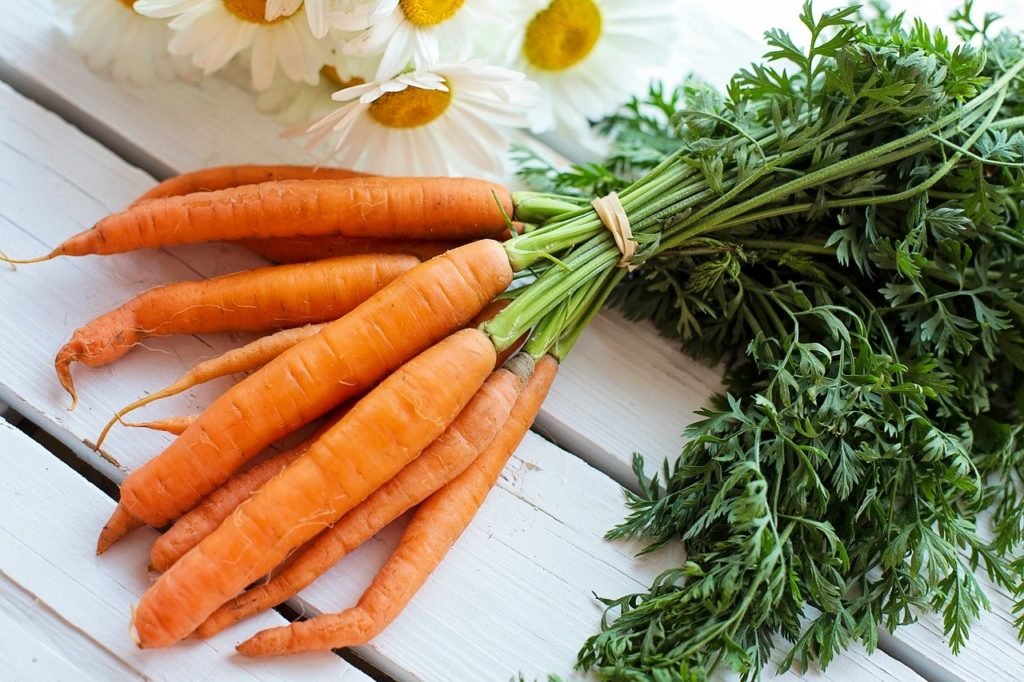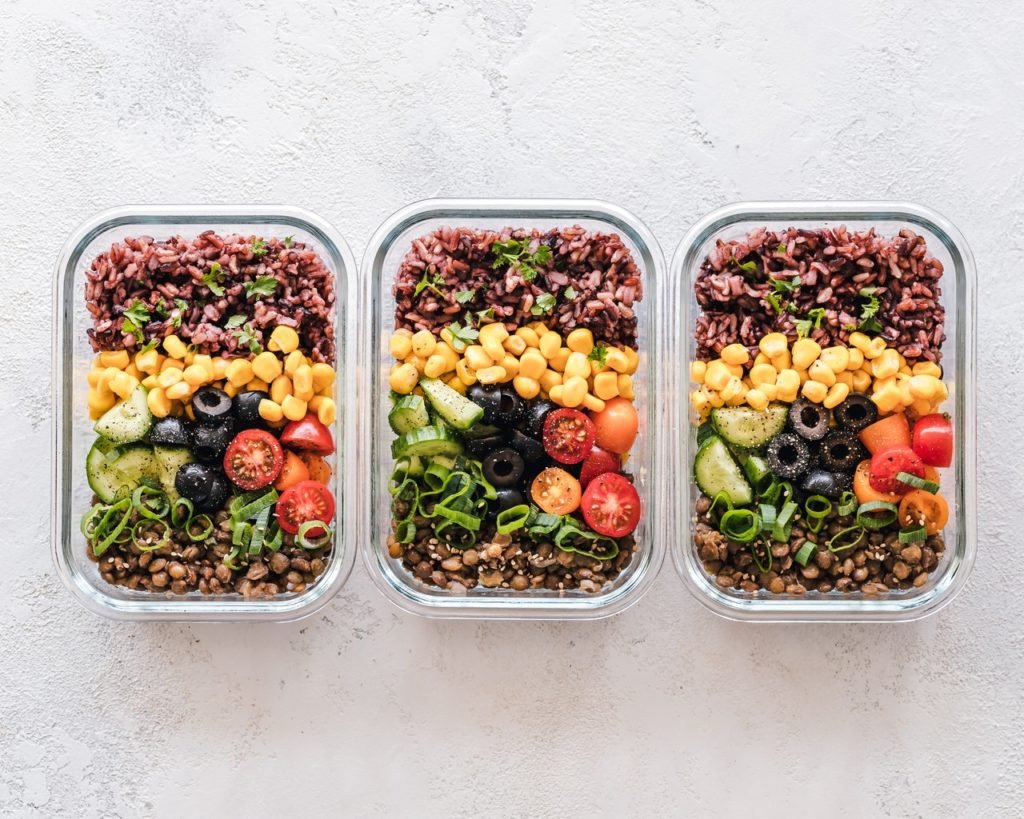Keeping Your Compost Bin Contaminant Free
Contamination is the word used in the waste hauling industry for when the wrong items are put into the different waste streams. Maybe you’ve heard the term “wishful recycling”, for when people toss things they are not sure about into the recycling bin and hope for the best. We want to educate you on this topic so that you are not participating in “wishful composting.”
I was at a luncheon the other day collecting the food scraps and other compostable items. Everyone there had been served a sandwich in a compostable bag, but the bags were labeled with a non-compostable sticker. I asked everyone to take off the sticker on their own sandwich so that I would not have to take them all off at the waste station.
That, in effect, is what we are asking you to do when you fill your buckets and totes. We are asking that you please be more mindful of what you are putting in, so our drivers don’t have to pull out the offending items.
Many of our customers may not realize that our drivers have to pick out contaminants at the tip site. We ask you to help by not making their already challenging job even more challenging.
What are the most common types of contamination?
Stickers on fruit. In a pile of fresh, rich compost, these little stickers remain intact and recognizable. Crazy, huh? I learned, when I was collecting banana peels at the Evanston Subaru Flying Turkey 5K , how much easier it was to take the sticker off a banana when the fruit was still inside, so I tried to take all of the stickers off before the bananas were handed out to the runners. A few escaped me. Those stickers were very difficult to remove from the peel. Now imagine if that banana peel had been in your bucket for two weeks.
If you are unsure of something you have a lot of, isolate those items you are unsure of into a separate bag. That way, the driver does not have to pick them out of your food scraps. This comes up when we are working zero waste events that have different vendors. Often a vendor will run out of compostable forks and use ones they had. We’ll put these in a separate bag until we can investigate their compostability.
We polled our drivers to learn about some of the more common and some of the more unusual types of contamination they’ve encountered.
Collective Resource Compost Driver Jesus Maldonado reports that our residential customers are much better than our other customers at putting the right things in our buckets. When it comes to commercial customers, an odd item he sometimes finds in the compost is used sterno cans.

Driver Kevin Macica, who has been driving the longest for Collective Resource Compost, reports that a lot of confusion occurs between recycling and composting, so items like aluminum cans and plastic water bottles end up in the compost totes. A lot of the smaller items routinely used to portion produce, like rubber bands and twist ties, are mistakenly left on.
Two of the more bizarre items that he’s pulled out are a sterling silver coffee pot and a framed wedding photo. We’re hoping that it was the stock photo that came with the frame and not someone’s actual wedding photo.
We work with a lot of different catering companies and other commercial kitchens. They are a great source of food scraps, but because they have so many different employees, they can also be a source of contamination. We’ve asked them to replace their white latex gloves with bright blue ones, so they can be spotted more easily and removed.

Driver Justin Hunger also reports that recyclables often end up in the compost, including plastic clamshells with food in them and aluminum pie tins. Some of the more bizarre items he’s discovered on the job are kitchen knives, ceramic bowls, and a Halloween costume. Scary, huh?
Collective Resource Compost provides a list on our website of what we can and cannot compost. As always, Customer Service is happy to answer any questions you might have and we truly appreciate your efforts to make composting easy for our drivers, too.
We are looking forward to the day that it becomes universally accepted that food scraps in landfills are the real contamination.